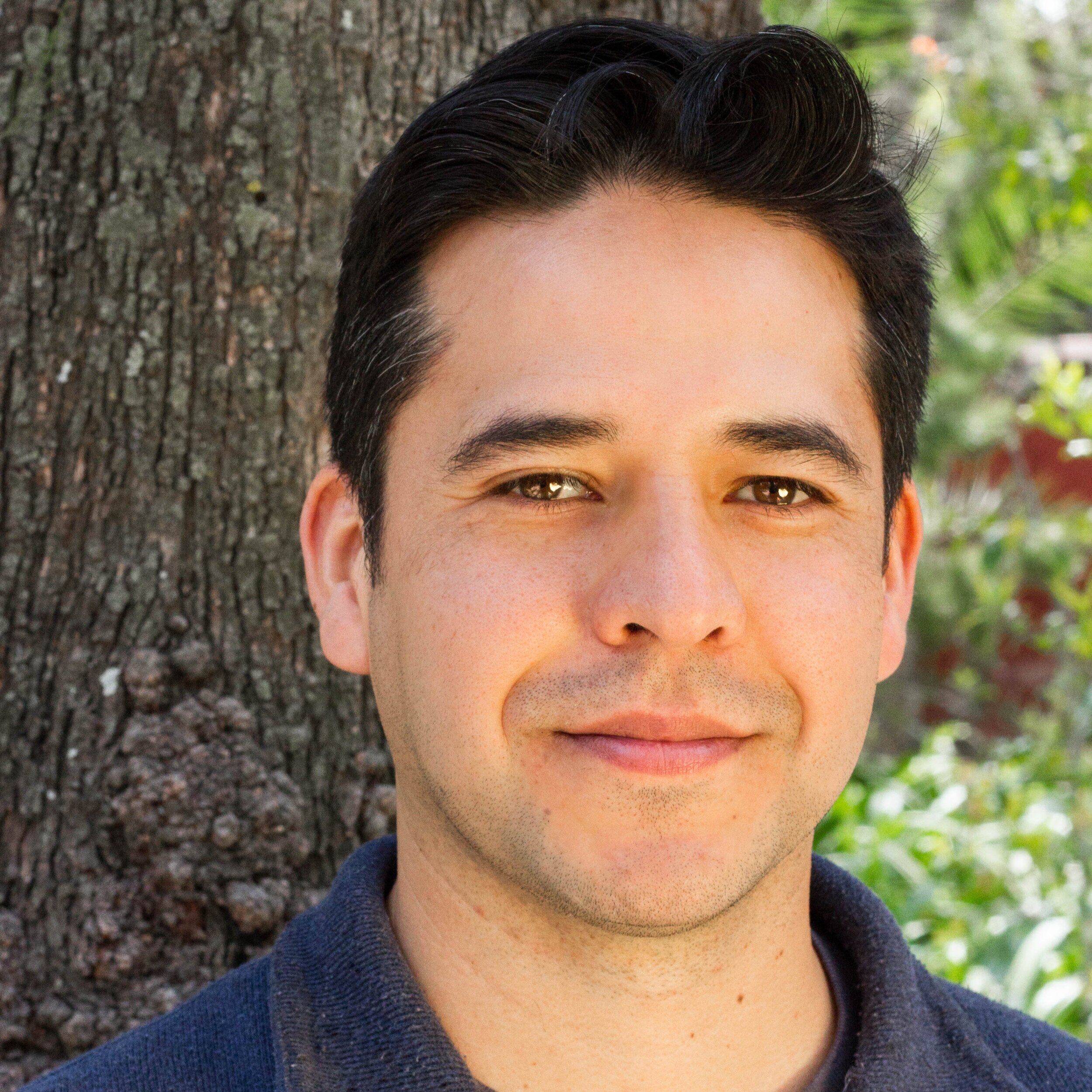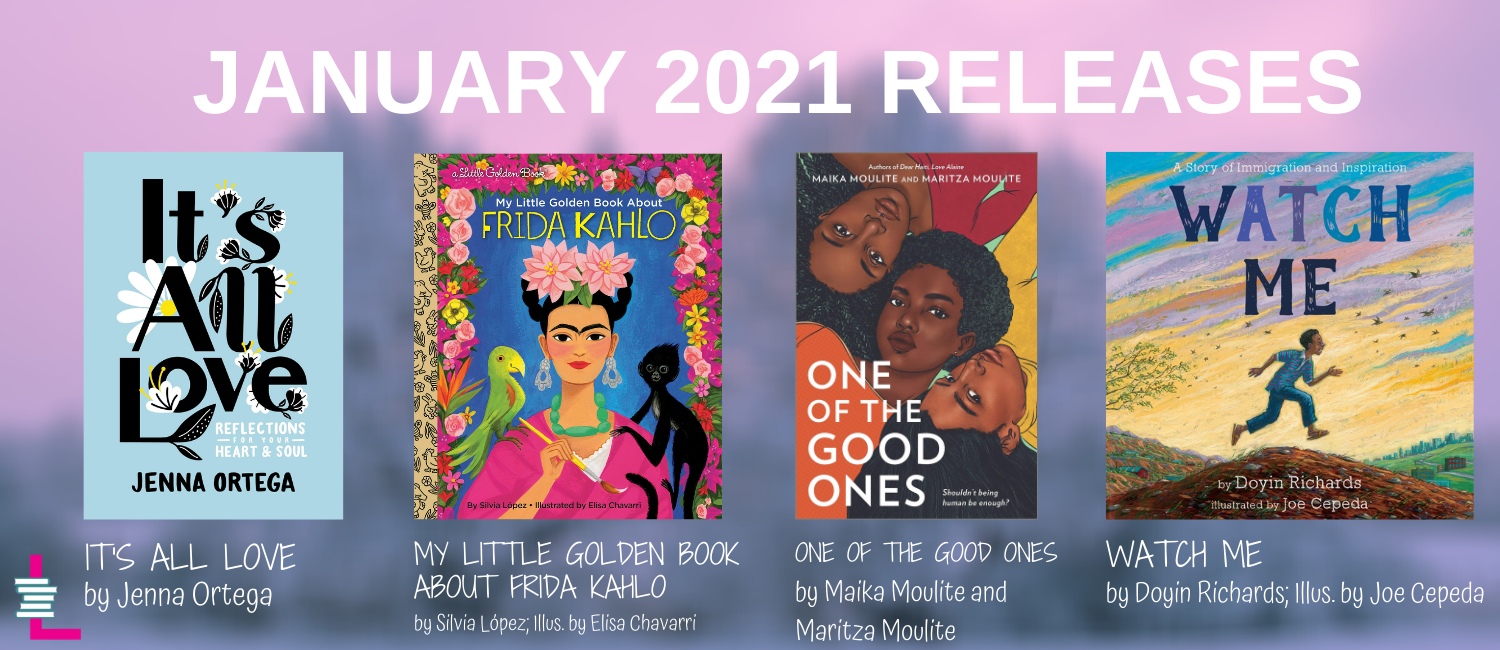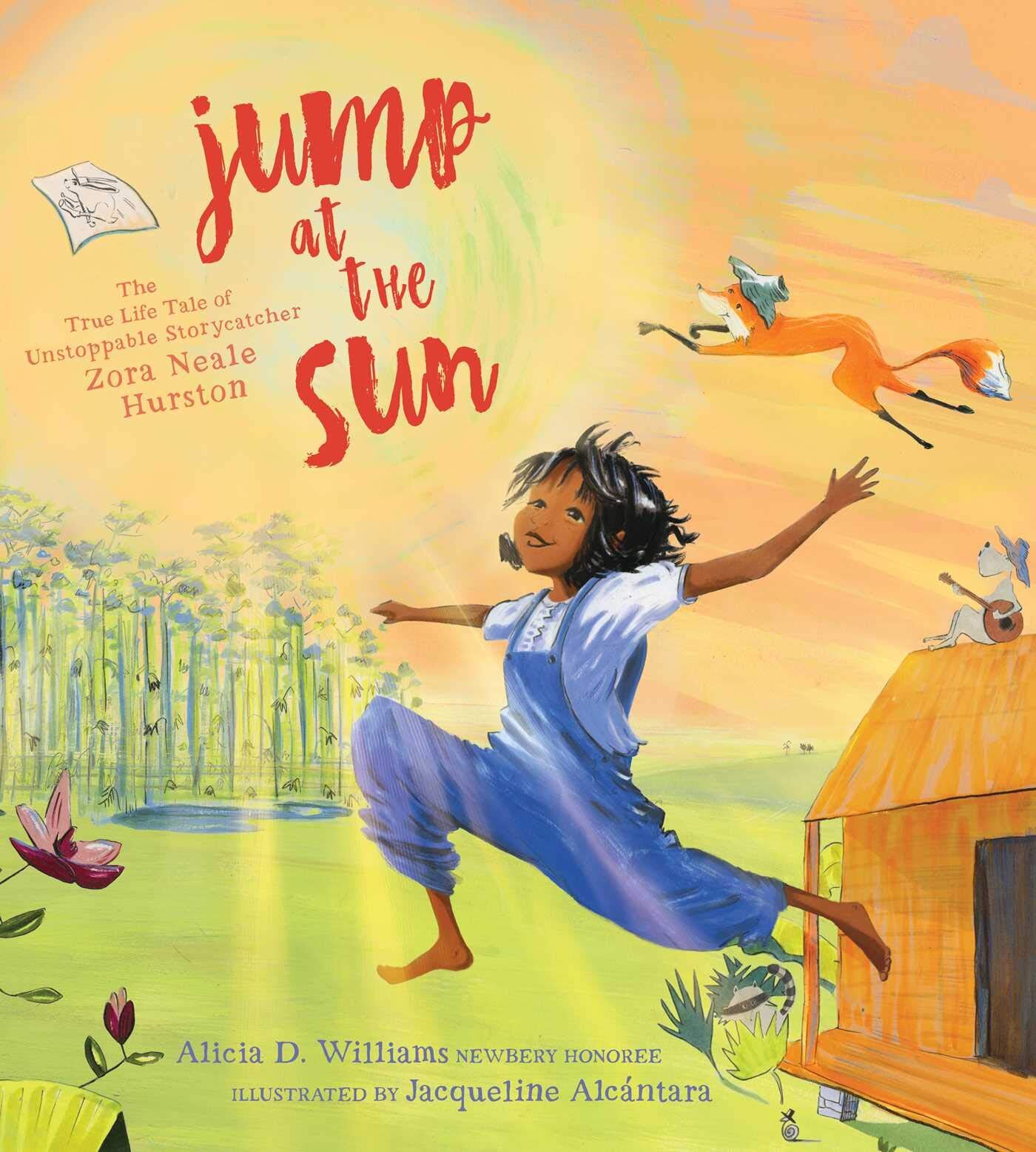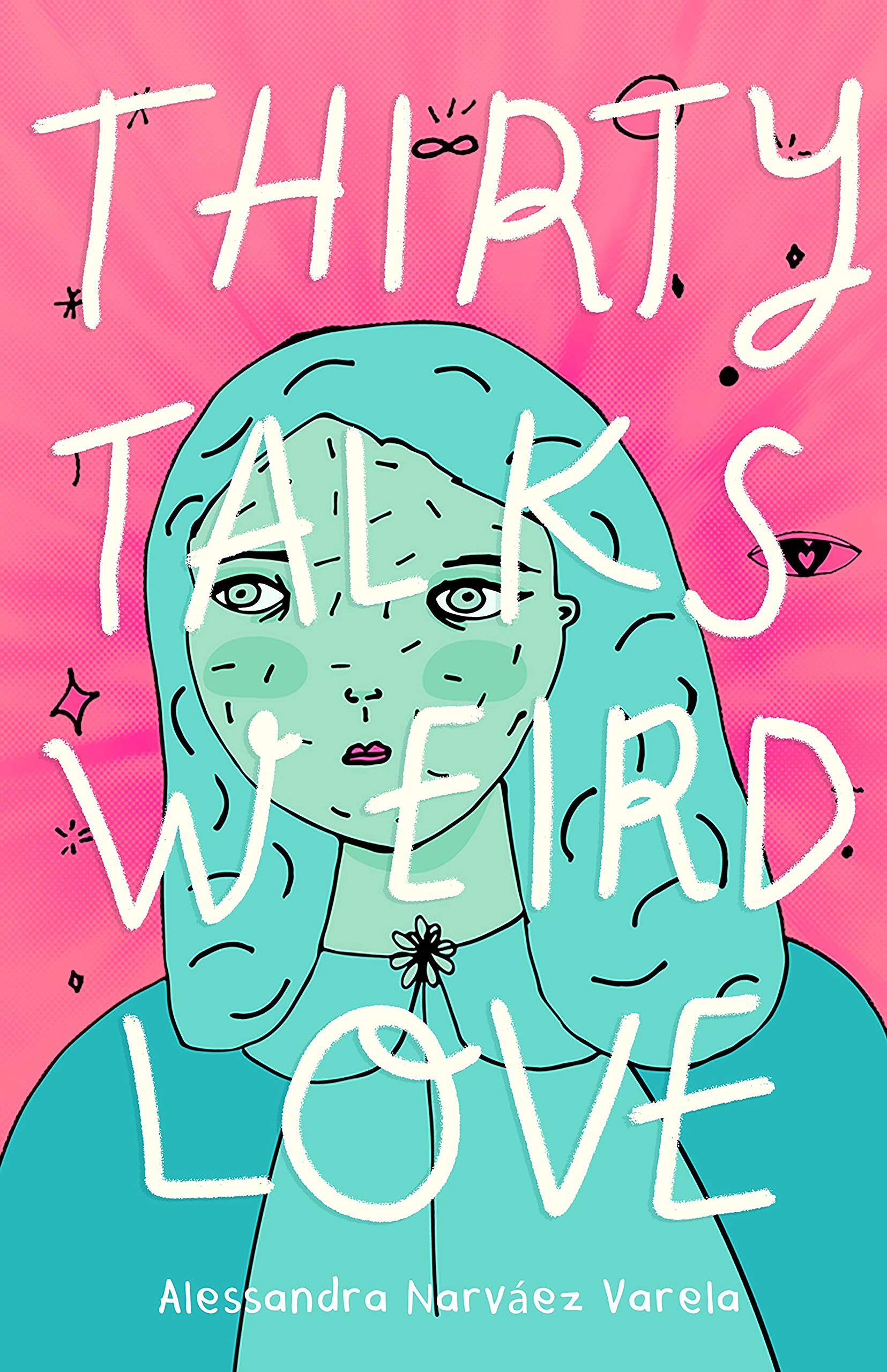YVONNE TAPIA: It’s great to get the chance to speak to you, Yamile! I was thrilled to have Furia join my library. I enjoyed reading it for so many reasons. Who/What inspired you to create Camila?
YAMILE SAIED MÉNDEZ: Thank you! I’m so glad to hear that. Overall, watching so many girls in real life helped inspire me to write Camila Hassan as she is. I currently live in Utah and it is a place with a lot of Latinx communities. I see that there are so many girls who are eager to take advantage of the opportunities available to them and [have a] hunger for success. You often hear about “the arrogance of youth” and yet it is up to us to help empower the life within them. One of the greatest ways to empower them is to transfer that hope into books.
What was the writing process like for Furia? What was it like for you to incorporate soccer with female empowerment?
The writing process for Furia was very long, it took me a long time to develop Camila’s character and I’m glad it did because as I developed her, I also needed time to mature as a writer. I love writing YA fiction because you get to nurture your main character into maturity. When I started writing Furia, I was complimented about its style, but was told that there wasn’t a company that would acquire a book about a girl who’s living in a country other than the United States and was passionate about soccer. However, I kept writing and while there were necessary pains to write it out, it has been very rewarding. I’m so happy to see that the book has resonated with people from all backgrounds.
We immediately read how harshly Camila’s family react to her dream of being a futbolista (female soccer player). Her father doesn’t believe fútbol is for women and even says he thinks she might be a lesbian, as if that’s a bad thing, because of her love for the sport. Her mother also doesn’t believe fútbol is something lady-like. What was behind your decision to have the story start out this way?
It all goes back to how I saw this topic arise time after time in my Latinx community [and to this day it still does]. Girls don’t get the support needed in sports. In my family, there wasn’t much support for girls who played soccer, and not because they were cruel people, as we sometimes saw in Furia, but because they were more willing to invest in something that would be, according to them, more beneficial to my career. Field hockey was more acceptable while soccer equated with masculinity. A young girl playing soccer is still considered a little bit taboo in some communities.
You’re absolutely right. While I was growing up, it was usually the boys who played soccer, and while girls played soccer as well, it wasn’t often when there would be an all-girls soccer match.
Exactly! I’ve had the chance to talk to U.S. national women’s soccer player Amy Rodriguez, and she’s the only Cuban-descendant woman on the team. In a recent study I read, it’s been reported that 50% of girls quit sports by the time they hit puberty. Girls still have an urgent need for access to mentors. This goes back to what I stated earlier about parents encouraging the extracurricular activities they think are best for their daughters. If my parents were going to pay for something extracurricular, they would rather pay for music or [secondary language] lessons rather than soccer. I hope this book will encourage girls that there are people out there willing to be their mentors and guide them in their dream career the best way possible, the same way Coach Alicia does everything she can to help Camila succeed.
Did you face toxic femininity while growing up? If so, how does it relate to Camila’s story?
Oh yes. One major point I wanted to make with Furia is when we, as women, may [often be] pitted against each other in a variety of ways, it doesn’t help any of us in the long run. We need to be there for each other and remain fully supportive. For example, in this story we have Camila’s mother, Isabel, who tells Camila not to eat too much or she will gain weight. This brings up the thought: how many times, in the name of love, will women tear each other down? These types of comments are not healthy and it’s an ongoing issue. Additionally, Camila herself is judgmental about women close to her, such as her mother and her brother’s girlfriend, Marisol. I decided to turn that around with soccer. Soccer is a team sport. You need 11 people on the pitch and they all depend on one another. Without her all-female team, Camila wouldn’t have had a chance to play in the big leagues. Camila had a strong role model in her coach. It was important to me for Camila to not forget the power and beauty of working together.
Among the most intense scenes was the domestic violence – physical and verbal – that perpetuated from Camila’s father to his entire family, and influenced how Camila’s mother and her brother, Pablo, treated her. Could you tell us more about that, and what you wanted readers to take from seeing Camila’s harmful environment?
While it is a tough situation, I wanted to point out that it takes courage to speak up and sometimes it is a team effort that can help put an end to a harmful pattern of abuse. Ultimately, Camila, along with her brother and mother, [have to] stand up together to put an end to it. I want readers to know that they are never alone. While it can be hard to ask for help, know that there are people willing to assist you and never feel ashamed to talk about it if you’re going through a situation like that.
When educators/librarians discuss the domestic violence themes with young readers, whether it’s during an English class or a book club, how would you like for them to go about it?
I want them to treat it with respect. I believe that we all engage in some form of toxic behavior at least once in our lives. Misogynistic messages [and actions] change all the time and nobody is exempt from this. It’s important to recognize when we mess up and learn from these mistakes. It’s essential to have these types of scenarios discussed in classrooms and libraries so young readers are aware about them as early as possible.
[SPOILER ALERT] You really highlight how different fútbol is for young boys and girls in Latinx communities, particularly in Argentina for this book. Diego, Camila’s love interest, has become an international fútbol celebrity. Amid the most significant scenes is when Camila tells Diego that she will not accompany him on the rest of his soccer tournaments, because she is going to follow her own dreams. How did this scene come about? Did you always know it would turn out this way for them?
Absolutely, I always knew. Diego is the biggest foil of the story because his romance with Camila didn’t happen at the right time. While it’s mentioned that he has sacrificed things to get to where he is today, he still doesn’t understand that Camila’s path is even harder. If Camila had decided to go with Diego, their relationship wouldn’t have worked out. Camila Hassan broke the family tradition that’s been going on for generations – Camila chose herself. Now, that didn’t mean she doesn’t love Diego, because she does. She had to learn to avoid putting herself in the same position other women in her family have put themselves in – choosing love over their own professional growth first.
Financial [independence] is so important. It’s unfortunate that some people, like Camila’s mother, have a harder time having financial freedom and tend to stay with their partner out of necessity to survive, even if their relationship has turned into something harmful. There are so many resources out there for young people to learn about and apply to, because it is always possible to prosper. For a relationship to succeed, I strongly believe both people have to be satisfied with what they have professionally.
Young people are usually bombarded with media that have them thinking they have to find the love of their life at a very young age, particularly in their teen years. There needs to be more representation of young people flourishing professionally first.
Oh yes, I remember how past soap operas tended to show lower-class protagonists “getting out” by marrying a rich guy. Sometimes it would be the other way around, where a poor guy married a rich woman.
Precisely! We need to continue striving away from that.
That relates to our next question: Camila becomes aware of the example she’s setting for Karen, a young girl who looks up to her, when Karen asks her if she will move overseas with Diego. Would you say that her relationship with Karen influences Camila in her determination to pursue her soccer goals?
I really enjoyed writing Karen’s character. Even though Camila didn’t want to be a role model, she is! As Camila notices how much Karen looks up to her, she realizes that she doesn’t want to give the impression that success is all about being with the love of your life. I also wrote Marisol, Pablo’s girlfriend, as the opposite of Camila on purpose. Marisol is the alternate universe version of Camila. Readers may remember how judgmental Camila is of her. But once Camila analyzes her own actions, she stops being so judgmental towards Marisol. . . . I would love to write about Karen and Marisol as the protagonists of their own stories.
As an author and mother, what message do you hope parent figures will take from reading Furia?
I hope parent figures will realize that young people have dreams that are so big, [and] the best we can do is to encourage and support them. This story is not only for girls and women, it is also for boys and men. I would like for boys and men to read Furia and see how strong and powerful women are.
What advice would you give to young readers who are currently – like Camila – studying abroad? What do you wish all young readers to take from Camila’s story?
To never forget where they come from. In Camila’s case, while my country is currently going through a horrible financial situation, it’s okay for Camila to take a break and enjoy herself. I wish for young readers in a similar situation to enjoy the dream because they fought hard for it. Also, remember to help others and be grateful for what you have so far.
Always be authentic and true to yourself, and do what you think is right. I wish for young readers to remember that we are part of a link of people before us, and what will come after is up to us. Camila realizes that her mother did the best she could with the tools she was given. Thus, Camila stops being so judgmental of her mother and finds a way to help her. The decisions we make when we’re young are important, but that doesn’t mean that [you have to be shackled by them] going forward. Also, remember that everything we do ripples.
Can we expect to read more about Camila in the future?
I would love to continue writing about Camila in the future. I’m always brainstorming what Camila would do in certain situations that are presently happening in the world. I’m currently working on my second YA novel set in Argentina – that is all I can say for now on that matter!
And finally, I found myself jamming to Furia’s rock-on playlist! Was it your idea to create a playlist for Camila Hassan?
It was actually Algonquin who asked me for a playlist. I created two, actually – one that inspired me to write the book and another one that Camila would listen to before a game! If readers would like to know Diego’s personality better in a song, listen to “Notte di febbraio – Nek” [laughs].
Haha, thanks for sharing! It’d be interesting to hear whether readers’ perspective on Diego changes, once they’ve listened to it!
For readers, here are the Furia Playlists:
Author Picks Playlist: https://open.spotify.com/playlist/6R0PBTZZlHOWT22FeOKg4u
Camila Hassan Pregame Playlist: https://open.spotify.com/playlist/18BqMFVQaIrUkYagGZ0lRE
Happy reading/listening!

















































